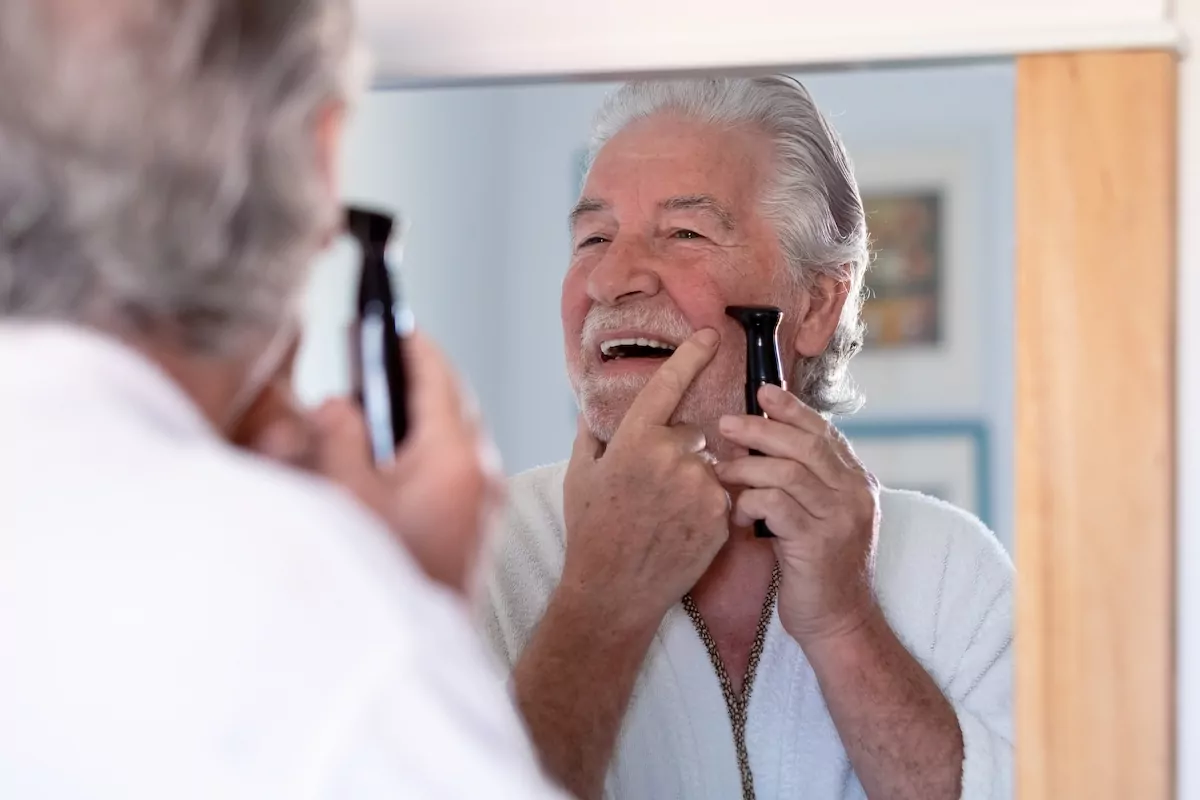What Are ADLs & How Do They Impact Your Senior Living Search?

If you have begun looking into senior living or care options for yourself or someone you love, chances are you have come across the phrase “activities of daily living.” It is easy to come to a general conclusion about what this phrase means. However, you may need help understanding what is included in the activities of daily living (ADLs) or how they impact your search for senior living care.
As an assisted living and memory care community in Guntersville, Alabama, Lakeshore Senior Living understands the important role ADLs play in everyday life. Our team wants to share more information to help you learn more about the activities of daily living and how they could influence your or your loved one’s level of independence.
Activities of Daily Living (ADLs)
According to an article published in the National Library of Medicine, “the activities of daily living (ADLs) is a term used to collectively describe fundamental skills required to independently care for oneself.” Therefore, these are also referred to as the “basic” activities of daily living and are the physical skills required for individuals to successfully remain healthy and independent.
Activities of daily living are essential for maintaining an individual’s independence and quality of life. However, certain factors may affect a person’s ability to perform these tasks independently, including increasing age, chronic health conditions, disability, injury, or cognitive impairment.
There are five main categories of the basic ADLs, and the American Council on Aging outlines them as:
- Mobility – also referred to as ambulating or transferring, this means being able to move around or walk both inside and outside their home
- Dressing – picking out and putting on appropriate clothing
- Eating – the physical act of eating, including the proper use of utensils
- Personal hygiene – includes all personal grooming activities such as shaving, nail care, brushing teeth, and safely showering or bathing
- Toileting – sometimes called continence, this refers to having control over the bladder/bowels as well as getting on and off the toilet safely
Instrumental Activities of Daily Living (IADLs)
In addition to the basic ADLs, there are also instrumental activities of daily living (IADLs). The National Library of Medicine states, “the instrumental ADLs are those that require more complex thinking skills, including organizational skills.”
Unlike the basic activities of daily living, IADLs are not crucial to daily functioning, so they do not have to be done every day. However, instrumental activities of daily living are still necessary for an individual to live a successfully independent lifestyle and play a large part in enhancing quality of life.
The seven main instrumental activities of daily living include:
- Transportation – either driving, using public transportation, or arranging other means of transportation, such as rides with family members
- Meal preparation – the ability to plan and prepare meals
- Managing finances – paying bills, managing bank accounts, etc.
- Shopping – buying essentials such as groceries, clothing, prescriptions, and household supplies
- Home maintenance – cleaning and maintaining the home, laundry, etc.
- Communication – staying in contact with friends, family, and loved ones via telephone or computer
- Medication management – the ability to obtain medications and take them properly
Even if an individual can perform the basic ADLs efficiently, they could still benefit from transitioning into an assisted living community if they need support managing multiple medications or do not have access to reliable transportation for appointments and errands.
ADLs, IADLs, and Senior Living
Basic and instrumental activities of daily living directly relate to a person’s level of independence. As a result, many senior living communities use these as a guide to help outline care and lifestyle options to meet the needs of residents, allowing them to provide the best possible care.
During your search for senior living, keep ADLs and IADLs in mind when looking at specific care options. Depending on which areas you or a loved one needs support, this could influence which level of care is right for your situation, as well as which community best fits your needs.
Our assisted living and memory care community in Guntersville, Alabama, offers compassionate support with the activities of daily living to help residents live each day with purpose. We invite you to visit our website or contact our Lakeshore Senior Living team to learn more about our community and care options.

Active Living for Seniors: How You Can Enhance Your Walking Routine



